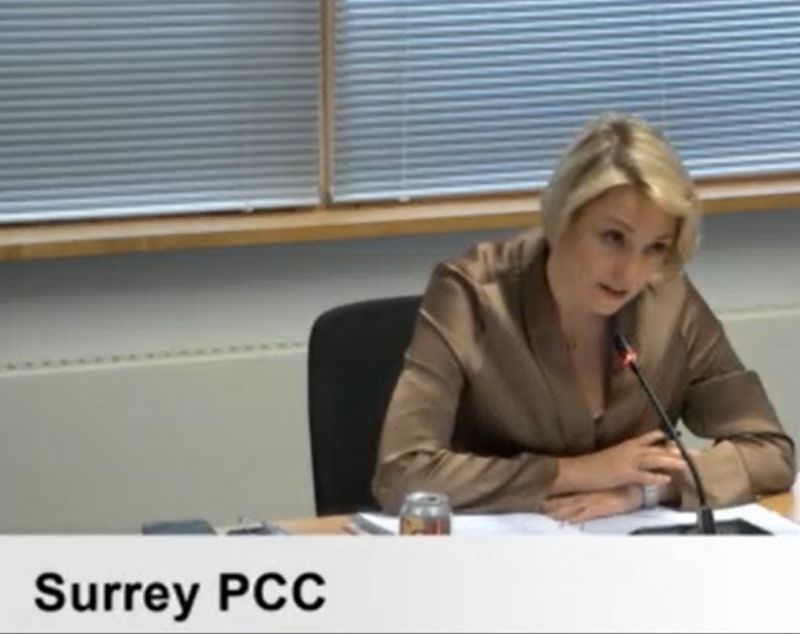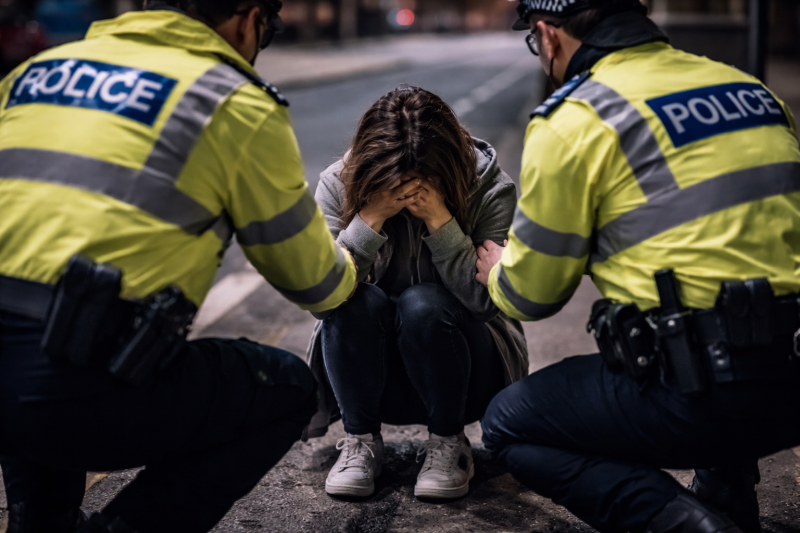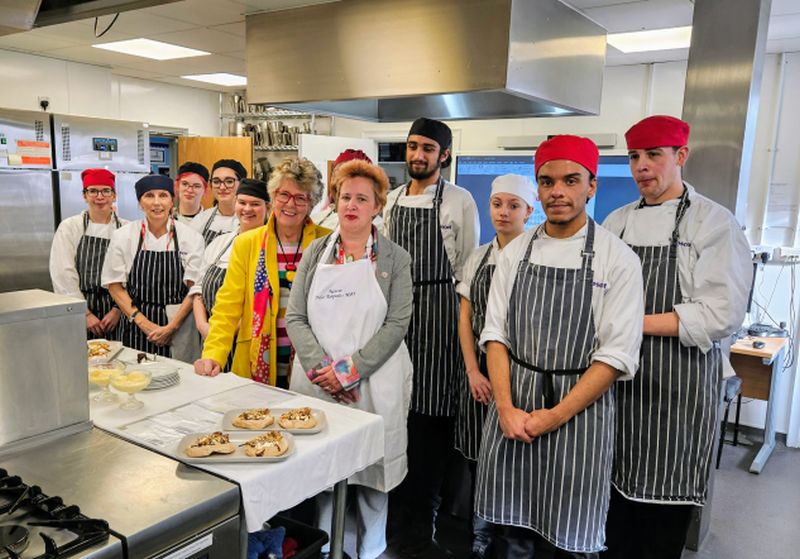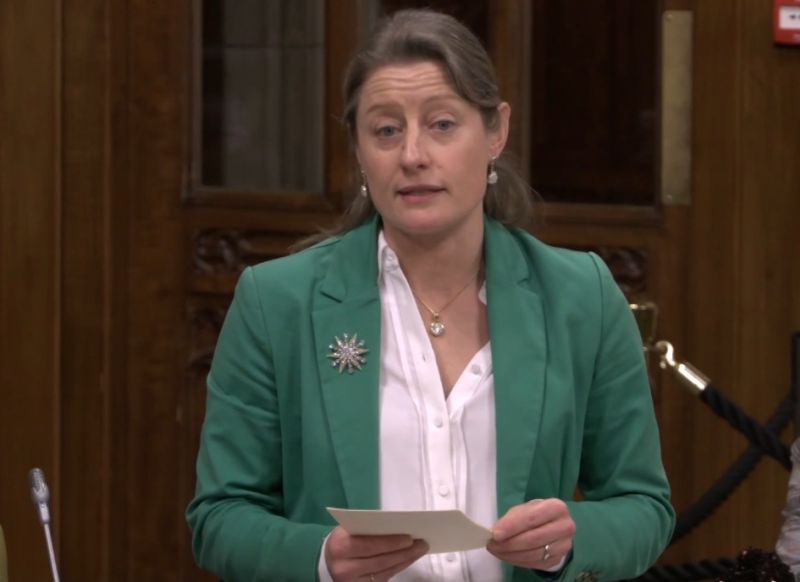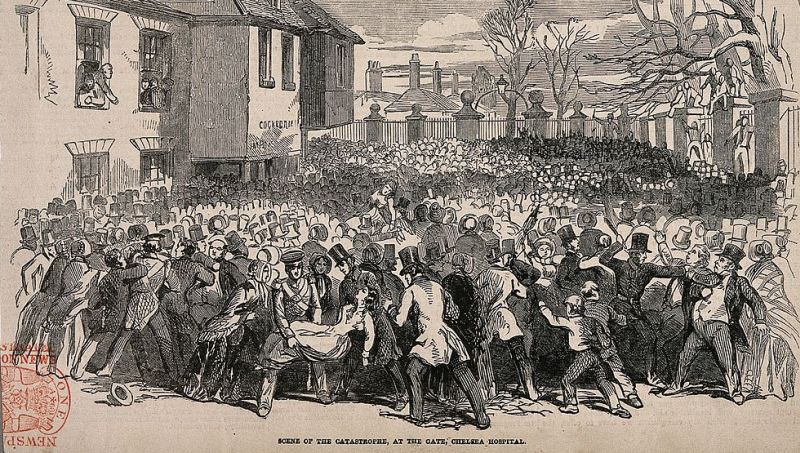Local A&Es stretched in the cold snap
More than a thousand people visited one of St George’s, Epsom and St Helier’s emergency departments (EDs) on Monday, as demand for care soars.
It was the busiest day this winter, placing extreme pressure on services – which only continue to rise.
Demand typically rockets when temperatures plummet – often in the days following a cold snap – and this week has been no exception. More than 100 extra people visited one of the EDs compared to a normal Monday.
There has also been a spike in the number of very poorly people arriving at hospital in recent months, meaning a rise in those requiring specialist and complex care.
Dr Luci Etheridge, Chief Medical Officer for St George’s, said: “Our hospitals are stretched, and we are under extraordinary pressure.
“Our priority is to ensure our sickest and most seriously ill patients – of which there are many – receive the care they need. And while we are doing everything we can to provide that care against a backdrop of pressures, the public can also play a significant part in helping us by using NHS 111 online if they need urgent health advice.”
Dr Beccy Suckling, Chief Medical Officer for Epsom and St Helier, said: “It’s a common misconception that going to an emergency department when it’s not an emergency means you’ll be seen more quickly. You will, in fact, be waiting longer, and could even be redirected for care.
“When it’s not an emergency, NHS 111 online can signpost you to the best place for care. But prevention is just as important – and one of the best ways you can protect yourself and others is by getting vaccinated this winter. It’s not too late to get your flu and Covid jabs, and if your child hasn’t had their MMR vaccine to protect against measles then I’d strongly urge you to look at that, too.”
If you need urgent medical help, NHS 111 online should be the first port of call. This is a 24/7 service that can direct people where to go for care. Pharmacies, meanwhile, provide advice on minor illnesses such as colds, coughs, and earache.
It’s important that people continue to call 999 or go to an emergency department when it is life-threatening.
Vaccines help stop the spread of winter illnesses, as does washing hands regularly with soap and water.
Measles cases continue to rise across the country, and parents are being urged to book their children – including teenagers and young adults – in for their missed measles, mumps, and rubella (MMR) vaccine at a GP. Measles is a serious illness, with one in five children who get the disease admitted the hospital for treatment.
St Georges, St Helier and Epsom NHS Trust.
Image Wellcome Images CC licence Scene of the catastrophe, at the gate, Chelsea Hospital 1852











